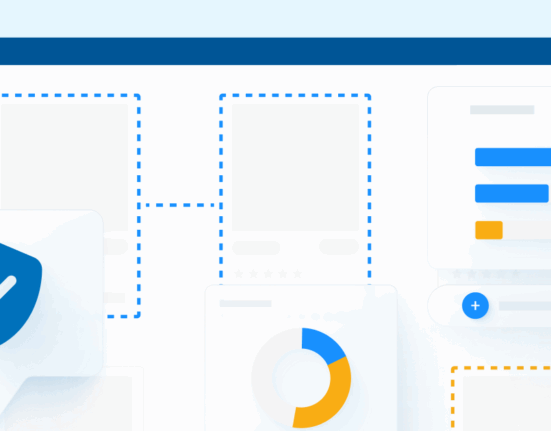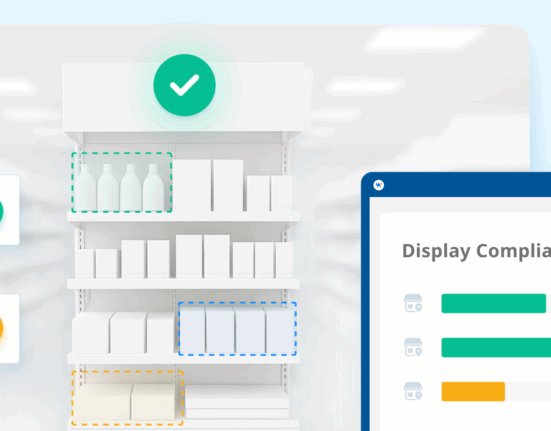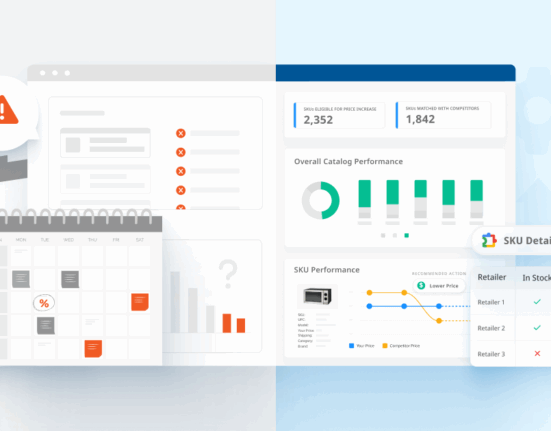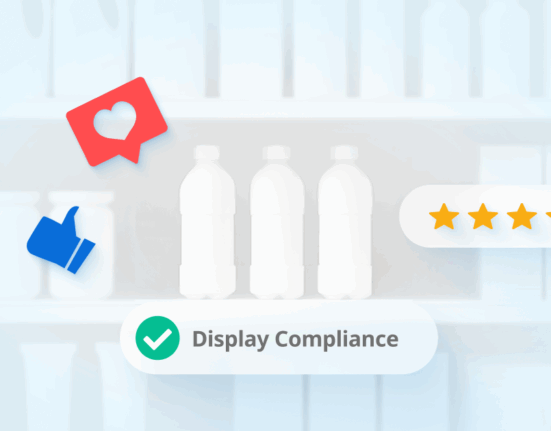Predictive analytics is revolutionizing the retail industry by shifting the business approach from reactive to proactive. Utilizing historical data, predictive models forecast future trends, customer behaviors, and potential market changes, allowing retailers to anticipate and prepare rather than simply react.
Understanding Predictive Analytics
Predictive analytics involves using data, statistical algorithms, and machine learning techniques to identify the likelihood of future outcomes based on historical data. In retail, this can range from predicting customer purchasing behaviors to forecasting demand for products in different regions. By implementing these insights, businesses can optimize inventory, enhance customer satisfaction, and increase profitability.
Benefits of Predictive Analytics in Retail
One of the primary benefits of predictive analytics is its ability to enhance inventory management. By predicting peak demand periods, retailers can ensure optimal stock levels, avoiding both overstock and stockouts. Moreover, predictive analytics can help retailers personalize marketing efforts, which increases engagement and customer loyalty. According to a recent study, businesses that employed predictive analytics saw a 25% increase in customer responses to in-store marketing campaigns.
Challenges and Considerations
While the advantages are significant, implementing predictive analytics comes with challenges. Collecting high-quality, relevant data and choosing the right models to interpret this data are crucial steps that require both technological resources and skilled personnel. Furthermore, predictive analytics must be used ethically, especially when handling personal customer data.
Integrating Predictive Analytics into Retail Strategy
For predictive analytics to be effective, it must be integrated seamlessly into the existing retail strategy. This integration involves training teams to interpret predictive data correctly and making informed decisions based on this data. It also requires continuous evaluation and adjustment of models to ensure they remain accurate as market conditions change. One FMCG customer deployed Initiative Tracking within Wiser’s REM platform and the result was a 30% reduction in understock situations and a 15% increase in rep productivity, significantly boosting their operational efficiency and customer service levels.
Conclusion
Predictive analytics represents a key technological advancement in the retail sector, offering numerous benefits from inventory management to customer relationship enhancements. By adopting a proactive approach, retailers can not only meet but exceed customer expectations, thereby securing a competitive advantage in the market.
How Wiser Can Help
Wiser’s Retail Execution platform includes advanced analytics tools designed specifically for the retail industry. These tools help brands anticipate market trends, understand consumer behavior, and make data-driven decisions that enhance retail execution. With Wiser, brands can transform vast amounts of data into actionable insights, optimizing their operations and ensuring they are always one step ahead of the competition.









